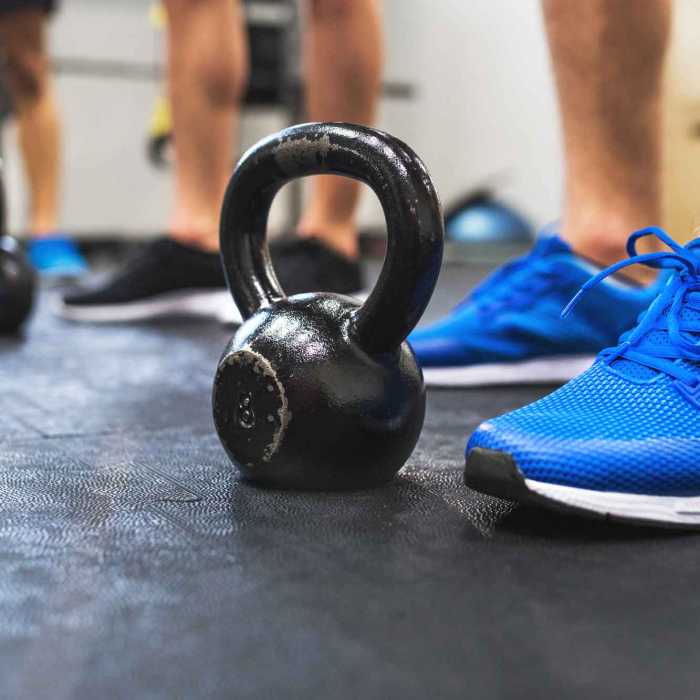What is Functional Training?
Online Glossary / Quick Reference
Term used in physical therapy to describe therapeutic activities to prepare patients to perform daily activities. Recently has been applied to training for fitness and sports.
About Functional Training
Functional training refers to a type of exercise that focuses on training the body to handle real-life movements and activities. Originally used in physical therapy to help patients regain the ability to perform daily tasks, functional training has evolved to include fitness and sports training, aiming to enhance overall physical performance and reduce the risk of injuries.
Principles of Functional Training
- Movement Patterns: Functional training emphasizes natural movement patterns such as pushing, pulling, squatting, lifting, and twisting, which are essential for daily activities and sports.
- Core Stability: Exercises often focus on strengthening the core muscles, which are crucial for maintaining balance, stability, and proper posture during movement.
- Multi-Planar Movements: Functional training incorporates movements in multiple planes of motion (sagittal, frontal, and transverse) to ensure comprehensive muscle engagement and coordination.
- Integrated Muscle Use: Instead of isolating specific muscles, functional training involves exercises that engage multiple muscle groups simultaneously, mimicking real-life activities.
Benefits of Functional Training
- Improved Daily Function: Enhances the ability to perform everyday tasks with greater ease and efficiency, such as lifting, bending, and reaching.
- Injury Prevention: By strengthening muscles and improving coordination, functional training reduces the risk of injuries both in daily life and during sports activities.
- Enhanced Athletic Performance: Functional training helps athletes develop the strength, flexibility, and balance needed for optimal performance in their specific sports.
- Core Strength: Emphasizes core stability and strength, which are vital for overall body function and injury prevention.
- Balance and Coordination: Improves balance and coordination by training the body to move efficiently and effectively in different directions and planes of motion.
Examples of Functional Training Exercises
- Squats: Mimic the motion of sitting down and standing up, targeting the lower body muscles and core stability.
- Lunges: Enhance lower body strength and balance, simulating movements like stepping forward, backward, or to the side.
- Push-Ups: Strengthen the upper body and core, mimicking the action of pushing objects away from the body.
- Deadlifts: Train the body for lifting objects off the ground with proper form, engaging the posterior chain muscles.
- Planks: Develop core stability and strength, essential for maintaining proper posture during various activities.
- Medicine Ball Throws: Improve explosive power and coordination, useful for sports requiring quick, dynamic movements.
Functional Training in Physical Therapy
In physical therapy, functional training is tailored to help patients recover and regain the ability to perform daily activities independently. Therapists design exercises that replicate movements patients need for daily tasks, such as getting in and out of a chair, walking, or reaching overhead. This approach helps patients build strength, flexibility, and confidence in their movements, facilitating a smoother transition back to normal activities.
Functional Training for Fitness and Sports
In the context of fitness and sports, functional training focuses on enhancing overall athleticism and performance. Workouts are designed to improve strength, agility, speed, and endurance, with exercises that replicate the specific movements required in various sports. Athletes and fitness enthusiasts benefit from functional training by developing the physical attributes needed for their sports or activities, leading to better performance and reduced injury risk.
Functional training is a versatile and effective approach to exercise, beneficial for individuals of all fitness levels. Whether recovering from an injury, improving daily function, or enhancing athletic performance, functional training provides a holistic method to achieve and maintain physical health and fitness.
















